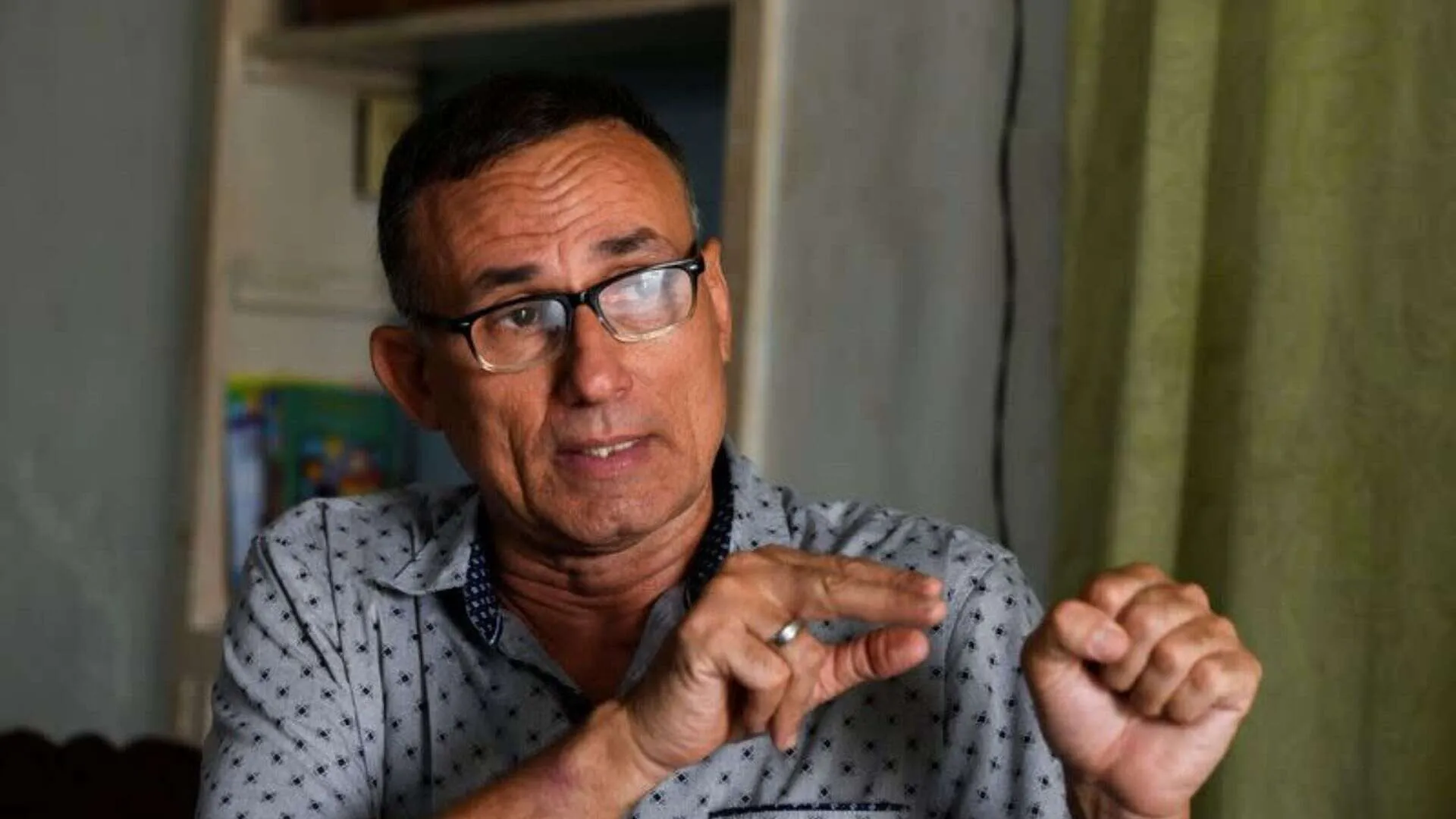On a recent morning in Santiago de Cuba, Jose Daniel Ferrer stood on his front porch greeting warmly a small cluster of elderly and ill neighbors. As he shook hands and inquired about their health, inside his small house, a team of his wife, Nelva Ismarays Ortega, and some dozen assistants served hot meals—rations of chicken, rice, pumpkin, potato, yucca, spaghetti cooked in huge cauldrons over an open fire in the backyard.
This is not, though, a regular neighborhood soup kitchen.
Ferrer, a bespectacled man in his 54th year, is one of Cuba’s best-known and last dissidents. He established the opposition movement National Patriotic Union (Unpacu) in 2011 and claims his purpose lies in political reform. “Political activism is my reason for being,” Reuters quotes Ferrer as saying in an interview conducted recently at his house on the outskirts of Santiago. “The only solution to hunger here and across Cuba is to introduce democracy.”
State Pushback and Community Threats
Such outspoken comments are unusual in Cuba, a socialist one-party state where criticism is not welcome. Ferrer believes his campaign, which started several months ago, will prompt wider change. His kitchen fed more than 1,000 people a day at its peak in April. But he asserts that soon afterwards, Cuban state security blocked access to his street, threatening residents with loss of government benefits or detention for taking his assistance.
Though Cuban officials did not reply to Reuters’ questions regarding Ferrer’s assertion, his team and other dissidents supported his version. In a five-hour tour of the area, Reuters did not witness any direct police intervention.
Josefina Reyes, 34, a volunteer in Ferrer’s kitchen, said she had just been threatened by officials. In spite of the threat, she denied having any political motive. “As far as I can tell I’ve done nothing wrong,” she said while serving portions of stew.
Support from United States
The U.S. State Department has also taken action. On April 2, it tweeted on X, “We stand with Jose Daniel as he delivers life-saving assistance to the people of Santiago de Cuba. The Cuban regime needs to be caring for its people, not suppressing them – those accountable will be held accountable.”
Cuban authorities, meanwhile, frequently fault the nation’s economic crisis and shortages on the decades-old U.S. trade embargo and other sanctions imposed during the presidency of former President Donald Trump. The regime has a comprehensive system of subsidies, running almost 1,500 soup kitchens, the Ministry of Interior Commerce reports.
While in the four such state-owned kitchens in Havana, visited by Reuters, rice, bread, vegetables, and cucumber salad were the offerings at rates of 2 to 25 pesos. Nevertheless, these lunches were not as filling as at Ferrer’s initiative.
Nevertheless, some of the residents do enjoy the assistance. Seventy-five-year-old Adolfo Guillermo Mateo, who frequents a government-run soup kitchen, said, “Sometimes the food is good, sometimes it’s average, but the workers here do what they can to provide us with the best service possible.”
From Prison to Public Aid
Ferrer, who was imprisoned after the huge anti-government protests in July 2021, the largest since Fidel Castro’s revolution in 1959 was freed on parole in the early part of this year. His release came after a deal between the Biden administration and Cuba, brokered by the Vatican. After he returned to his regular routine, he said he was amazed by the hunger and misery that he saw.
Though the government in Cuba casts aside Ferrer as a U.S.-funded agitator, he asserts he espouses only peaceful civil disobedience and refuses U.S. government financing this year. Instead, he maintains, money has flowed in from an estimated 400 private donors, mostly Cuban immigrant workers residing in the U.S. who make modest contributions. He also stated three members of the Cuban American National Foundation in Miami gave him start-up funds out of their personal accounts.
Because of a Trump administration pullback of funding for foreign aid, Ferrer says he is looking elsewhere. “To be effective, it’s extremely important that policies enable us to ease shortages, hunger and extreme misery in Cuba,” he said. “We’re hoping that the U.S. will release funds to assist.”





















